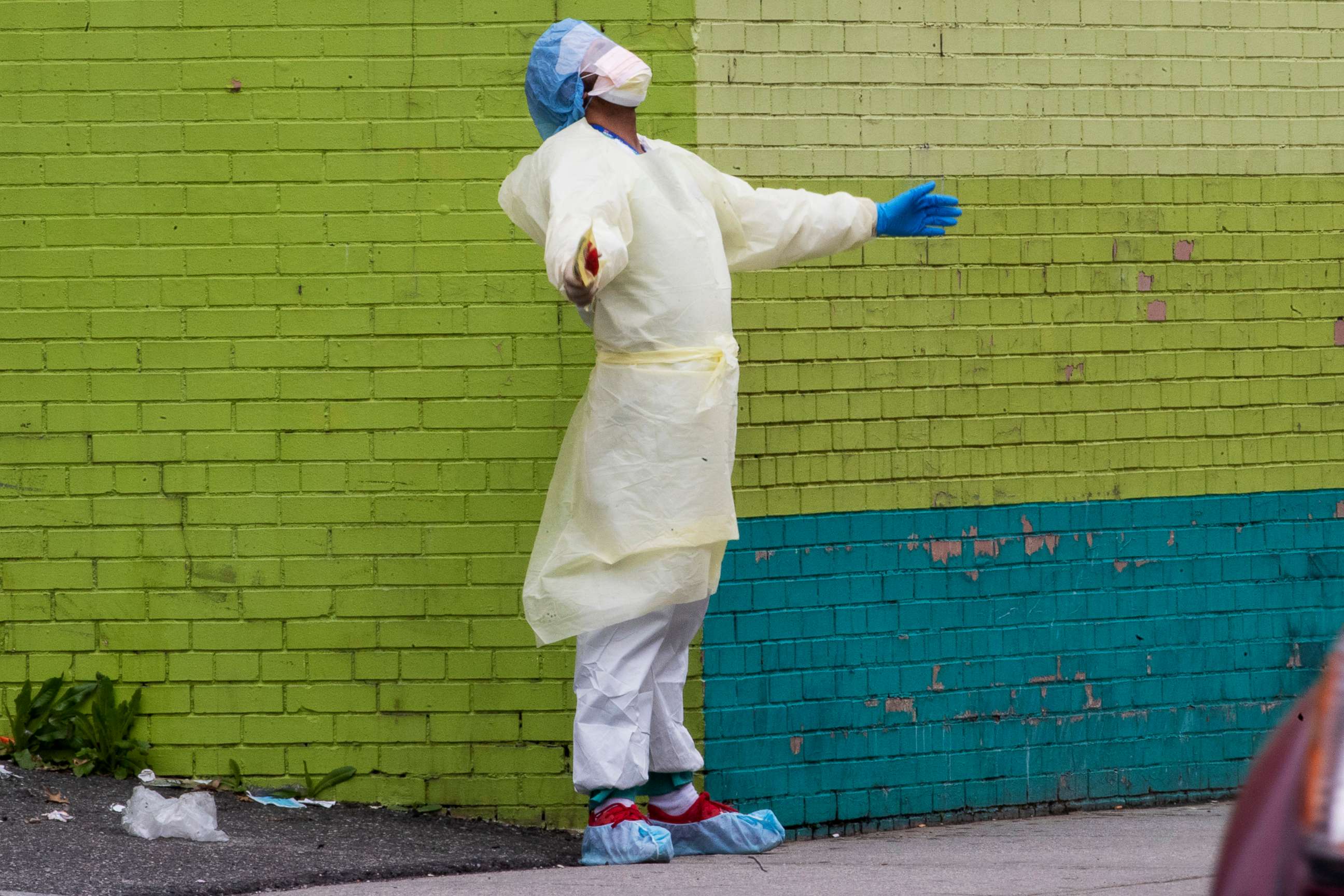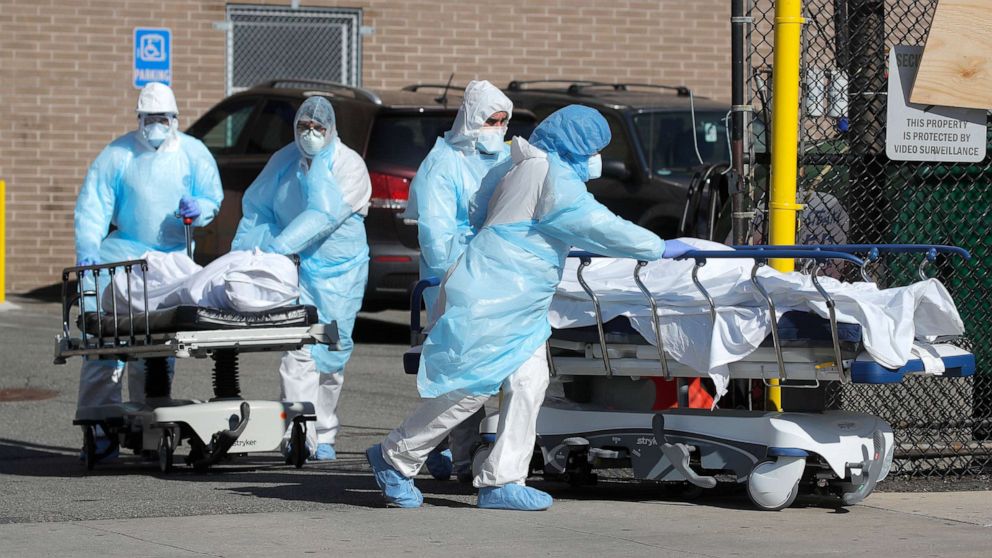More than 300 US hospitals warn of supply shortages in coronavirus fight, watchdog says
Hospitals fighting the coronavirus outbreak in the United States aren't just worried about having sufficient protective masks and ventilators, they're also worried about having enough toilet paper, healthy staff, and money to pay their bills in the coming weeks of the health crisis.
That's according to a new report from the inspector general for the Department of Health and Human Services, the nonpartisan watchdog office for the agency leading the nation's coronavirus response.
The HHS inspector general's office said it interviewed 323 hospitals across the country between March 23 and March 27. It appears to be the first publicly available comprehensive documentation on what hospitals are telling the federal government, and is meant to serve as a reference for decision-makers in Washington, along with other hospitals that could be facing the challenges highlighted in the report, the office wrote.
"The pandemic is fast-moving, as are the efforts to address it. Since our interviews, some hospital challenges may have worsened and others may have improved," the watchdog office wrote in the report's conclusion.
When asked about this report from the HHS watchdog on Monday, President Trump dismissed the findings saying "it's wrong" and asked the for the name of the inspector general who looked into the matter.
"Find me his name. Let me know. Okay? If you'd find me his name, I'd appreciate it," Trump told a reporter.
The watchdog, Christi Grimm, became the principal deputy inspector general at the Department of Health and Human Services in January 2020. She is serving as the Acting HHS inspector general and has worked under four administrations. Prior to her current role, Grimm worked in the inspector general's office from 2014-2019, where she was the chief of staff and deputy inspector general, according to her bio on the HHS website.
The hospitals surveyed by the office raised alarms about shortages of supplies, personnel and support at nearly every stage of the coronavirus treatment process.
"Severe" and "widespread" shortages of testing supplies and protective equipment, along with waits for testing results, are hampering hospitals' ability to trace local outbreaks and protect frontline medical workers, according to the report.
Some hospitals told the watchdog they had shortages of "critical supplies, materials and logistic support that accompany more beds affected hospitals' ability to care for patients," according to the report.

Others said they lacked supplies for patient rooms, including medical gas, linens, toilet paper and food. Rural and remote hospitals face "special challenges" maintaining necessary supplies and restocking them, the report read.
With most hospitals around the country postponing elective procedures and other services to address the surge in patients due to the coronavirus, many hospitals worried about their ability to operate during the health crisis with decreasing revenues.
They also struggled with "changing and inconsistent guidance" from various levels of government on testing standards, the delaying of elected procedures, and use of personal protective equipment (PPE).
"The hospital noted '[The inconsistency] makes everyone nervous. It would have been better if there was coordination and consistency in guidance among the different levels of government,'" the report read.
Additionally, hospitals also said they were struggling to combat "misinformation" that "increased hospital workloads," with some patients showing up and forcing hospitals to spend time and resources on public information, according to the report.
The report also identified concerns from hospital administrators about the emotional toll the fight to treat COVID-19 patients is having on hospital staff.
"'Health care workers feel like they’re at war right now…[they] are seeing people in their 30s, 40s, 50s dying…This takes a large emotional toll,'" one administrator told the inspector general's office.
The watchdog's office also documented that hospitals were frustrated by receiving “conflicting guidance” from authorities and by “misinformation” that made their jobs harder.
One administrator stated: “The misinformation that is out there, and the lack of serious understanding about what we could be facing, is extraordinary. It is not helping the situation at all. We need to take this seriously."
ABC News' Katherine Faulders contributed to this report.




